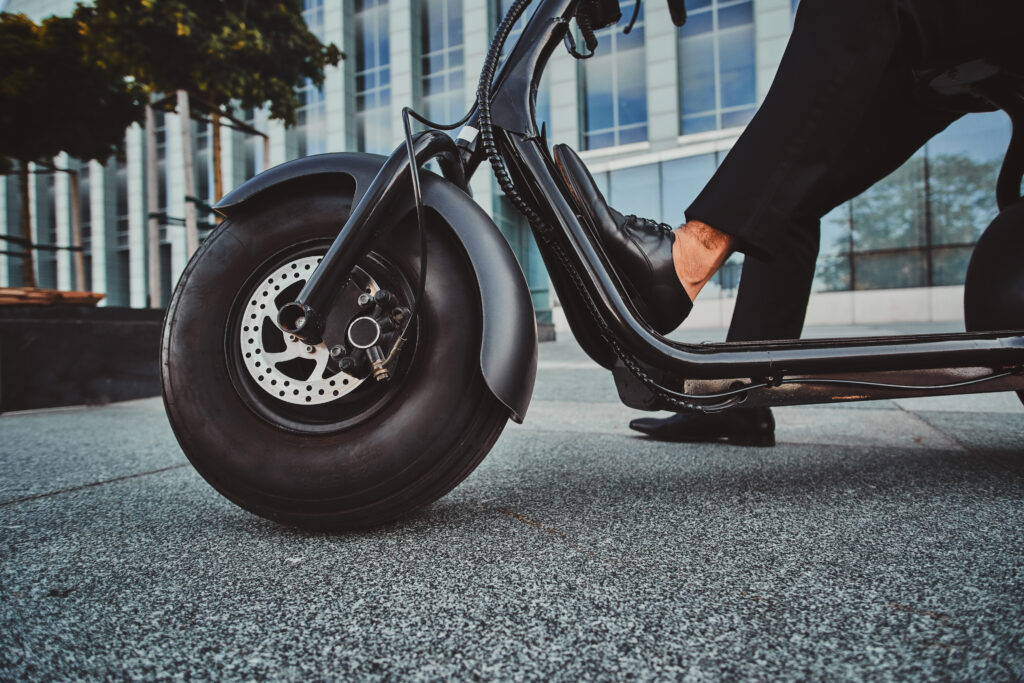Searching for what torque is and why it matters for electric scooters? When evaluating electric scooters, you might have come across the term “torque” and wondered what it means and why it’s significant.
Torque plays a pivotal role in determining how your scooter performs, especially in challenging conditions like steep hills or heavy loads.
In this guide, we’ll dive into what torque is, how it’s measured, and why it’s a crucial factor for electric scooters.
What is Torque?
In simple terms, torque is the rotational force generated by a motor. It measures how effectively the motor can turn the wheels of your scooter and is usually expressed in Newton-meters (Nm).
How Torque Works:
Think of torque as the force you apply to a wrench when tightening a bolt. The harder you twist, the greater the torque. Similarly, in an electric scooter, the motor’s torque determines how much force it can apply to the wheels to get them moving.
- High Torque: Enables quick acceleration and the ability to tackle steep inclines.
- Low Torque: May struggle with hills and slow down under heavy loads.
How is Torque Different from Power (Watts)?
While torque and power are related, they measure different aspects of a motor’s performance:
- Torque: Focuses on rotational force (important for acceleration and hill-climbing).
- Power (Watts): Measures the rate at which work is done (important for top speed and overall performance).
For example, a motor with high wattage but low torque might reach high speeds on flat terrain but struggle to climb hills. Conversely, a motor with high torque and moderate wattage might excel at climbing but have a lower top speed.
Why Does Torque Matter for Electric Scooters?
a. Acceleration
Torque directly affects how quickly your scooter can accelerate from a standstill. High torque motors provide rapid acceleration, which is especially useful in stop-and-go traffic or when merging into busy bike lanes.
b. Hill-Climbing Ability
Torque is crucial for conquering inclines. Scooters with higher torque can climb steeper hills without losing speed or overtaxing the motor. If you live in a hilly area, torque should be a top consideration.
c. Carrying Capacity
A scooter’s torque determines how well it performs under load. Heavier riders or those carrying cargo will need a motor with sufficient torque to maintain smooth performance.
How Torque is Measured in Electric Scooters
Torque in electric scooters is typically influenced by the following factors:
a. Motor Type
- Hub Motors: Common in electric scooters, hub motors deliver torque directly to the wheels, making them efficient and responsive.
- Gear Motors: Use gears to amplify torque, often found in scooters designed for off-road or hilly terrains.
b. Voltage and Controller
Higher voltage systems paired with efficient controllers can increase torque output by delivering more power to the motor.
c. Wheel Size
Scooters with smaller wheels require less torque to turn, while larger wheels need more. This is why scooters with larger wheels often demand motors with higher torque ratings.

Matching Torque to Your Riding Needs
The ideal torque level depends on your specific use case. Here’s a guide:
a. For City Commuters
- Moderate Torque (10-15 Nm): Ideal for flat urban roads and light riders.
b. For Hilly Areas
- High Torque (20+ Nm): Essential for navigating steep inclines and uneven terrain.
c. For Heavy Riders or Cargo
- High Torque (25+ Nm): Ensures smooth performance without strain on the motor.
Common Misconceptions About Torque
a. “High Torque Means Faster Top Speeds”
Not necessarily. Torque affects acceleration and climbing ability, while top speed depends more on the motor’s power (watts) and gearing.
b. “All High-Powered Motors Have High Torque”
A high wattage motor may not always produce high torque, especially if it’s designed for speed rather than pulling power.
How to Choose an Electric Scooter with the Right Torque
When shopping for an electric scooter, consider the following:
- Terrain: If you’ll be riding on hilly terrain, prioritize higher torque models.
- Weight: Heavier riders should opt for scooters with robust torque ratings.
- Usage: Commuters on flat terrain can manage with moderate torque, while adventurers need higher torque for off-road use.
Final Thoughts
Torque is a vital factor that determines how well your electric scooter performs in real-world conditions. Whether you’re accelerating from a stop, climbing a hill, or carrying extra weight, having sufficient torque ensures a smoother and more reliable ride.
When choosing your next scooter, balance torque with other factors like motor power, battery capacity, and intended use to find the perfect match for your needs.
Do you prioritize torque when selecting an electric scooter? Share your experiences and questions in the comments below!
Discover more from Chikwem
Subscribe to get the latest posts sent to your email.